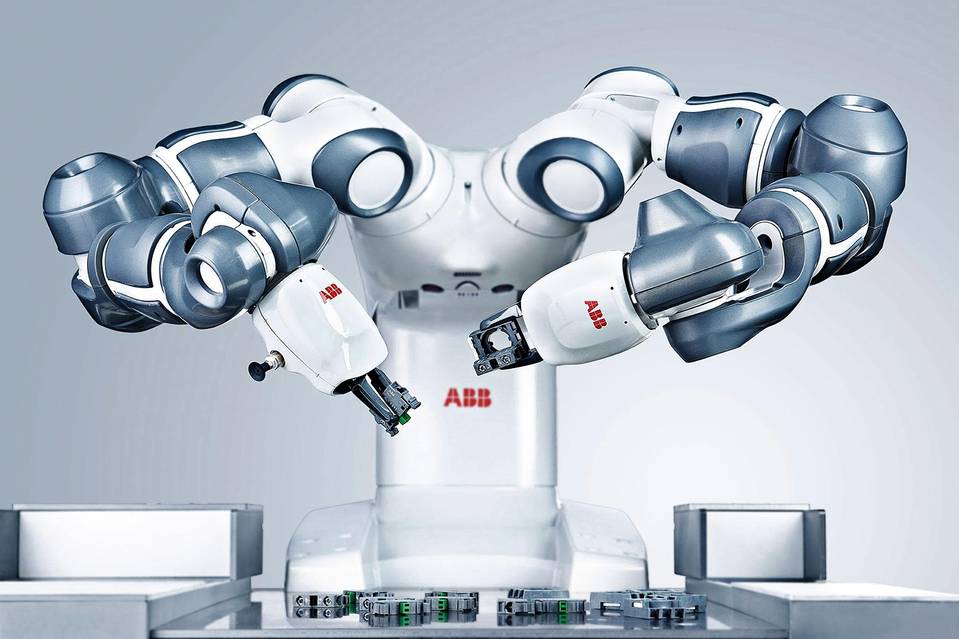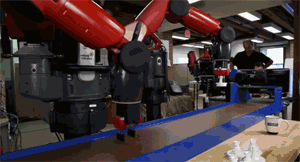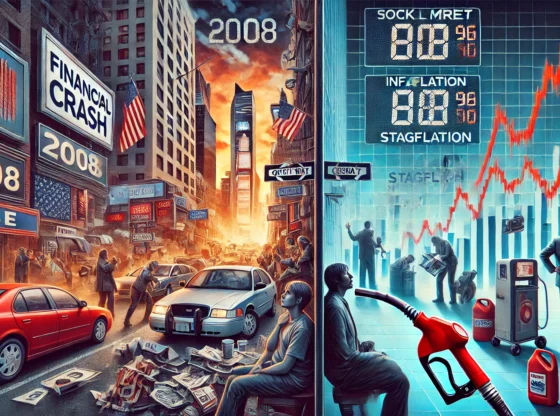Some kind of basic income will become a necessity in a future society where most jobs are automated, according to Tesla founder Elon Musk.

A basic income also called citizen’s income is a form of social security in which all citizens regularly receive an unconditional sum of money, either from the government or some other public institution.
In a recent interview with CNBC, Elon Musk, who among other things founded PayPal, Tesla, and SpaceX, believes that the introduction of some kind of basic income is necessary to tackle the growing number of jobs that are expected to disappear over time with continued technological development.
“There is a pretty good chance we end up with a universal basic income, or something like that, due to automation,” says Musk to CNBC. “Yeah, I am not sure what else one would do. I think that is what would happen.”
According to Elon Musk, a basic income would benefit the whole society and create new opportunities for mankind.

“People will have time to do other things, more complex things, more interesting things,” says Musk. “Certainly more leisure time.”
A basic income could become a reality is some countries quite soon actually. Switzerland considered instituting a universal basic income of 2,500 Swiss francs ($2578) earlier this year. Voters ultimately rejected the plan, but it sparked a global conversation.
The Finnish government is to decide whether a trial with basic income should be started as early as next year. If approved, 2,000 random Finns that currently receive financial assistance or unemployment benefits, would instead receive 560 euros per month tax-free.
Elon Musk also points out that during the journey towards this future society, we also need to figure out how humanity will coexist with a worldwide AI network.
“Ultimately,” he said,” it would need to be some kind of improved symbiosis with digital super-intelligence.”
Mr. Musk has donated large amounts of money to research the dangers of artificial intelligence and an AI research group have opened a “gym” for robots to ensure they can be properly tested.
A research paper from 2013 concluded that Nearly half of all U.S jobs could be done by robots.

![OpenAI. (2025). ChatGPT [Large language model]. https://chatgpt.com](https://www.illustratedcuriosity.com/files/media/55124/79bc18fa-f616-4951-856f-cc724ad5d497-560x416.webp)
![OpenAI. (2025). ChatGPT [Large language model]. https://chatgpt.com](https://www.illustratedcuriosity.com/files/media/55099/2638a982-b4de-4913-8a1c-1479df352bf3-560x416.webp)








![OpenAI. (2025). ChatGPT [Large language model]. https://chatgpt.com](https://www.illustratedcuriosity.com/files/media/55136/b1b0b614-5b72-486c-901d-ff244549d67a-350x260.webp)
![OpenAI. (2025). ChatGPT [Large language model]. https://chatgpt.com](https://www.illustratedcuriosity.com/files/media/55124/79bc18fa-f616-4951-856f-cc724ad5d497-350x260.webp)
![OpenAI. (2025). ChatGPT [Large language model]. https://chatgpt.com](https://www.illustratedcuriosity.com/files/media/55099/2638a982-b4de-4913-8a1c-1479df352bf3-350x260.webp)








